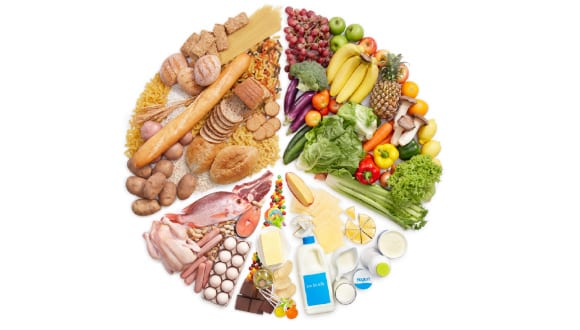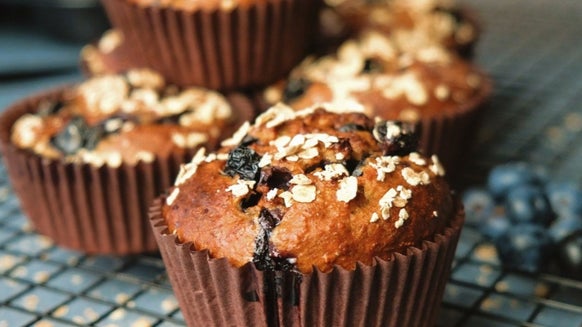Battle Of The Macros | High Carb v High Fat

Written by Liam Darville
Battle Of The Macros
In the last few years one of the most fiercely debated topics in fitness has been whether High Fat (HF) or High Carbohydrate (CHO) diets are ‘better’ for fat loss.
To answer this we need to look at both diets, compare, contrast and come to an informed decision.

High Fat?
HF diets have been linked with many health benefits. Lowering body-weight, total cholesterol levels, blood pressure and Triglyceride (Fat) blood levels.
In terms of body composition HF diets (provided they contain adequate protein >1.6g.kg) are linked to increased Fat Free Mass (FFM), lowered body fat and body-weight. This occurs in conjunction with exercise. We can, consequently, suggest that HF diets are beneficial for fat loss goals. One thing to bear in mind is that whilst supporters of high fat diets will claim (truthfully) that HF diets lead to increased Lipolysis (Fat Oxidation), this in reality simply means that you are consuming more fat so will, necessarily, burn more.

High CHO?
Well as it turns out very similarly to HF diets, High CHO diets have a number of health benefits. Linked to lowered body-weight, total cholesterol, blood pressure and circulating Triglyceride levels.
And the simple answer is that it is. In HEALTHY individuals studies have shown that both HF and High CHO diets are effective and beneficial for fat loss
So if I create a calorie deficit then I will lose fat?
Yes. If you can stick to the diet. HF or High CHO makes no difference if you cannot adhere to the diet, and so personal preference and adherence are what should decide the make-up of your diet. Studies have shown that less severe caloric restrictions (10-20%) have far higher adherence and sustainability of weight loss compared with extreme caloric reduction. Accepting that long term fat loss is a gradual change and embracing the lifestyle alterations that are required will enable fat loss that is efficient and maintainable.
Should I ever pick one over the other?
Again, the answer is it depends. Ultimately if you aim to maintain performance alongside your diet, then yes, there are differences between the two approaches. Studies have shown that when performing high intensity or maximal exercise, high CHO diets are far more effective. Basically, this is because, to perform at higher intensities, carbohydrates are the bodies go-to fuel. If these are restricted and availability is limited, performance will be inhibited. We have the ability to synthesise ~200g a day of CHO from other sources, however, the most efficient way to enhance CHO usage and performance is to provide sufficient CHO.
So high CHO is better?
No. Sub maximal exercise (think long distance events at lower intensities) can be fuelled almost entirely by fats, adaptations to increased fat intakes enabling incredibly efficient performance at lower intensities. Equally, high CHO diets are more than capable of fuelling these activities. Personal preference is again the key determinant for your diet choice.

Take Home Message
Energy balance is key – consume less calories than you expend and you will lose weight. Sufficient protein (>1.6g.kg) alongside exercise will aid muscle mass maintenance in a caloric deficit. High fat and high CHO diets both elicit fat loss and improved health markers during a fat loss phase. Adherence is vital, personal preference is the key determinant of the diets macronutrient make-up. High-intensity exercise/intermittent sprint sports will benefit from a higher CHO diet.

Arvind is a StrongFirst Kettlebell Level 2 coach and Nutrition Coach.
He has worked with hundreds of people at his gym to help them find their path to sustainable, life-long fitness and health. Arvind was also the co-author of the best poster awarded at the NNEdPro International Summit on Medical Nutrition Education and Research 2018 held in Cambridge, UK.
He is the co-founder of Daily9, a wellness start-up that uses cutting edge science and technology to help people lose weight, gain confidence and feel better than they have in years. Daily9 has coached over a 1,000 people to make sustainable lifestyle changes and see real results.







